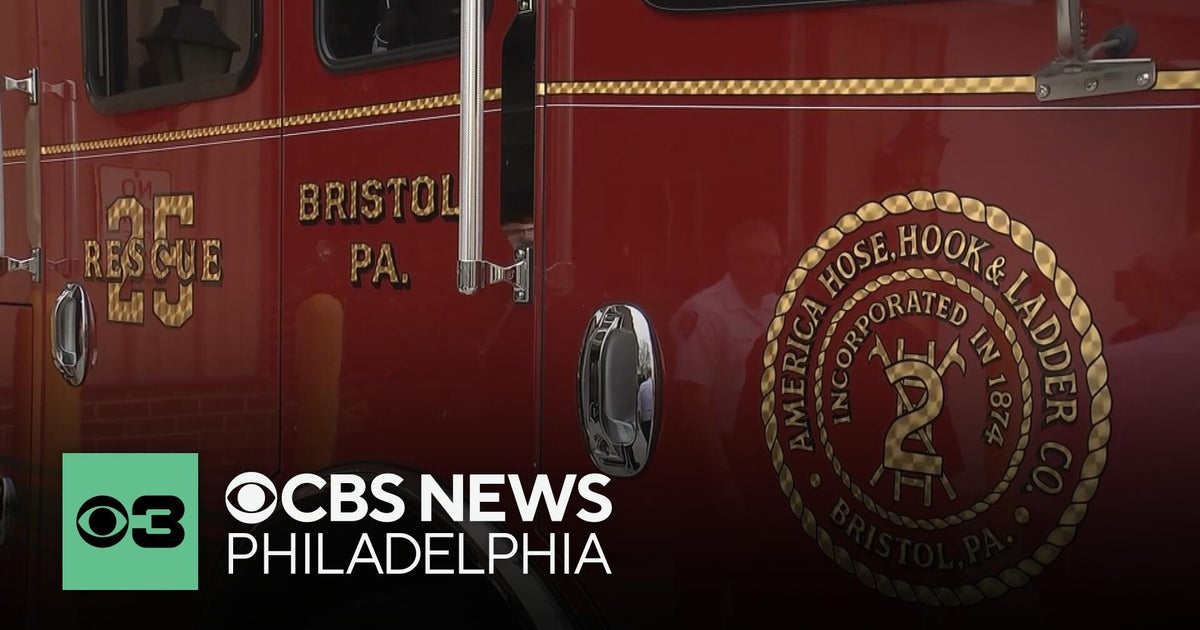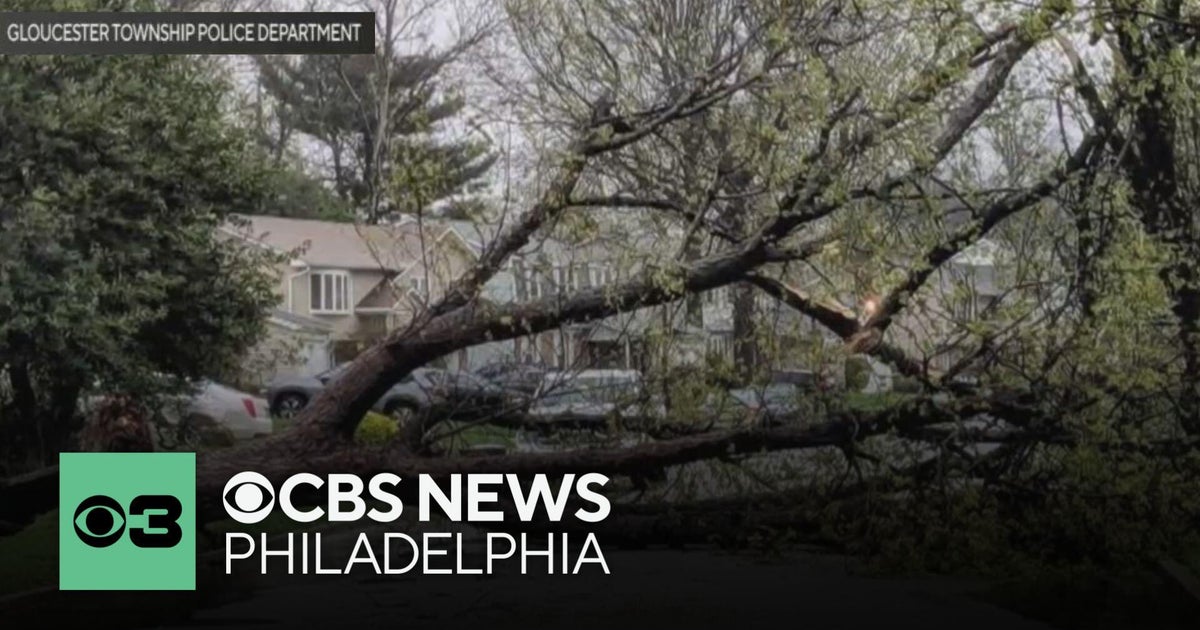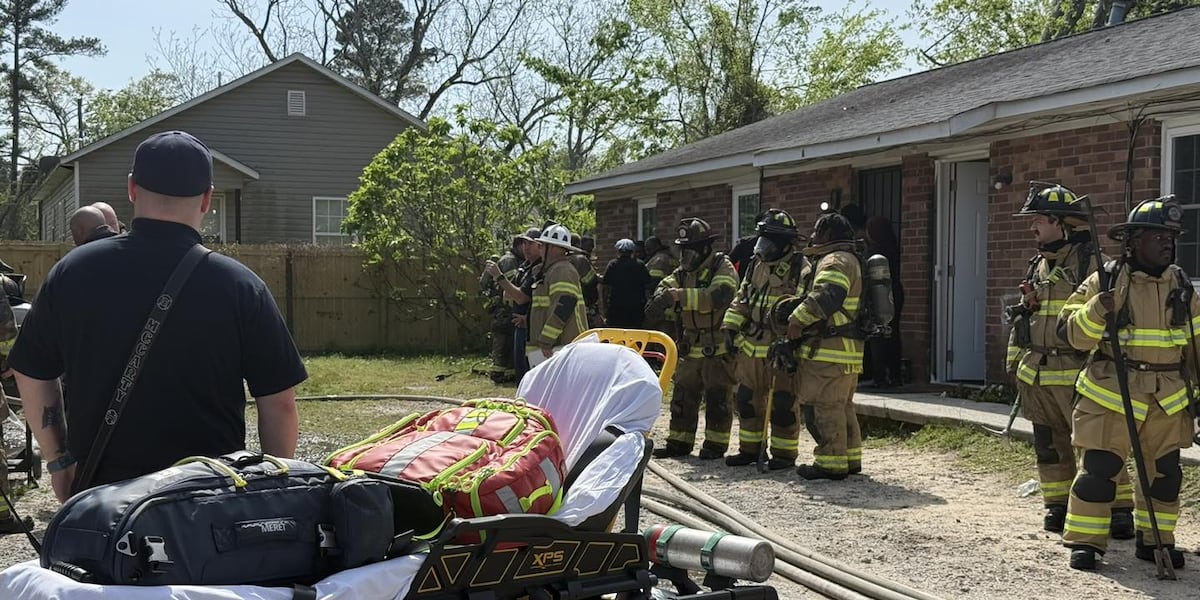Pennsylvania
PA Senate passed budget with private school vouchers

Spotlight PA is an independent, nonpartisan newsroom powered by The Philadelphia Inquirer in partnership with PennLive/The Patriot-News, TribLIVE/Pittsburgh Tribune-Review, and WITF Public Media. Sign up for our free newsletters.
HARRISBURG — Pennsylvania lawmakers are at an impasse just hours before the state’s midnight deadline to pass a new budget, with a $100 million private school voucher program at the heart of the fierce disagreement.
The GOP-controlled state Senate voted 29-21 late Friday to advance a roughly $45 billion budget that uses state money to fund scholarships so K-12 public school students can attend private institutions — a poison pill for Democrats who control the state House.
“I would say the voucher issue is over,” state House Majority Leader Matt Bradford (D., Montgomery) said Friday afternoon, before the upper chamber voted. “This obviously needs some time.”
Bradford said his caucus would leave Harrisburg for the weekend, indicating no budget legislation will go to Democratic Gov. Josh Shapiro before the new fiscal year begins July 1.
The budget plan advanced Friday by state Senate Republicans with support from one Democrat would spend several million dollars less than the proposal Shapiro pitched in March, and well over a billion dollars less than the bill state House Democrats passed earlier in June. Republican leaders said it was negotiated in close consultation with Shapiro.
The measure includes some key Democratic priorities, like $100 million earmarked for the poorest schools in the state, as well as what would be the commonwealth’s first funding for public legal defense. But the plan cuts out other initiatives that Democrats championed, like a tax credit program for teachers, nurses, and police officers.
Democrats, who hold a one-seat majority in the state House, said the inclusion of $100 million for vouchers was the primary component that made the bill a nonstarter.
Shapiro’s office called for all parties involved to “remain in our State Capitol and work to compromise.”
“While this bill reflects many of the key priorities the Governor has been fighting for — including historic investments in public education, universal free breakfast for public school students, first-time funding for public defenders, and critical funding for public safety, mental health, and economic development — it does not represent a final agreement,” Shapiro spokesperson Manuel Bonder said in a statement.
The voucher conflict
For more than a week, the debate over vouchers has pitted state House Democrats against state Senate Republicans and their own party’s first-year governor.
Many state House Democrats have balked at putting taxpayer dollars into private schools just months after a state court ruled many of the commonwealth’s public schools are unconstitutionally underfunded.
Republicans have pitched vouchers as a way to give parents control over their children’s education. Speaking on the floor in support of the caucus’ voucher proposal Thursday, state Senate Majority Leader Joe Pittman of Indiana County sought to show that Shapiro agrees.
“This is language that has been carefully crafted between the Senate Republican majority, and our new Democratic governor,” Pittman said.
Shapiro supported vouchers on the campaign trail and reiterated that view during budget negotiations.
In a statement following Pittman’s comment, Bonder said that Shapiro “is open to this concept, so long as it is part of a full budget agreement that delivers historic investments in public education, as well as funding for key priorities like student mental health and special education, universal free breakfast for every student, and sustained funding for necessary and urgent environmental repairs in Pennsylvania schools.”
The voucher proposal included in state Senate Republicans’ budget proposal would create the Pennsylvania Award for Student Success (or PASS) scholarship program and come with a $100 million price tag.
It would give between $2,500 and $15,000 per year in state-funded vouchers to eligible students, depending on grade and whether the student needed special education services. That money could be used only for tuition at a nonpublic school, or on associated fees, including special education expenses.
Students would be eligible if they live in the attendance area of a public school categorized as “low-achieving” — that is, in the bottom 15% in reading and math scores among schools of its kind. The funds would be limited to children whose families make less than 250% of federal poverty guidelines. A family of four, for instance, would have to make less than $75,000 annually to qualify.
The scholarships would begin in the 2024-25 school year, and be awarded on a first-come, first-served basis to eligible students who apply. Preference would be given in subsequent years to children who had already received a scholarship.
The funding for the program would come from state income taxes, the bill stipulates, and that appropriation would grow annually as the commonwealth’s funding for its public schools increases.
The voucher proposal is supported by free market groups, and an assortment of celebrities and prominent Republicans.
A coalition of these groups and individuals sent a letter addressed to Shapiro, his education secretary, and the legislature Thursday that urged them to pass vouchers. They assert that vouchers won’t weaken public education, and that they will actually save money by shrinking public school class sizes.
>>READ MORE: What are Pa.’s lifeline scholarships? School choice, vouchers, and the budget debate, explained
“No student should remain trapped in a failing school because of their zip code,” the letter said. “[Tuition vouchers] would give all students access to an excellent education — regardless of their family’s socioeconomic status or their zip code.”
Signers included prominent conservatives such as Grover Norquist and former Education Secretary Betsy DeVos, as well as music industry figures with Philadelphia ties such as rapper Meek Mill and talent manager Troy Carter.
Teachers’ unions, as well as building trades and unions that represent state workers, decried vouchers as a dangerous turn for Pennsylvania’s education system.
A group of these unions sent Shapiro a letter last week arguing that voucher bills by definition redirect money that could be used in public schools to private ones.
“Pennsylvania has a moral and constitutional responsibility to fund its existing system of public education,” they wrote. “Particularly in the wake of a Commonwealth Court decision that found that our state’s public education funding system is unconstitutional, it is unacceptable to entertain any discussion about tuition voucher schemes that divert funding from our public school students.”
Opponents also raised concerns about academic standards. The voucher bill doesn’t include any guidelines for what private schools can teach, and explicitly notes that the state cannot “regulate the educational program of a participating nonpublic school that accepts money from a scholarship recipient beyond what is necessary to administer the program.”
Dan Urevick-Ackelsberg, an attorney at the Public Interest Law Center who helped argue the successful lawsuit that ended in Pennsylvania’s school funding system being declared inequitable, also argued the bill tacitly condones discrimination against students.
Pennsylvania’s Human Relations Act, which bars discrimination based on race, religion, and disability, explicitly doesn’t apply to private schools in the commonwealth. Federal law prevents private schools from discriminating based on race, but further protections have been a point of contention for the schools in the past, and have led them to argue such protections infringe on their religious liberty.
The new voucher bill doesn’t include any additional protections in exchange for private schools getting state money. Urevick-Ackelsberg said this would allow them to deny students admission on the basis of religion, sexual orientation, ability to speak English, or a learning disability.
“A religious school can say, sorry, we don’t take gay kids at this school,” he said, adding that he believes Pennsylvania “should in no way use public funds to allow discrimination against children.”
What’s next?
Before leaving town Friday, state House Democrats made it clear that they believe any budget needs to better reflect their priorities — particularly when it comes to education.
State House Appropriations Chair Jordan Harris (D., Philadelphia) said the deal needs to be worked out with “all parties involved” — an allusion to the fact that the state Senate’s proposal was negotiated between Republicans and Shapiro.
“We are a majority caucus in this chamber and this body of government, and therefore our priorities have to be represented in the final product,” Harris said.
Shapiro urged lawmakers on both sides of the Capitol to be more flexible.
“After a dozen years of total Republican control of the Legislature, Senate Republicans need to give more than they’re used to — and after a dozen years in the minority, House Democrats can’t expect to get everything they’ve wanted over the last decade in one budget,” he said in a statement.
At publication time, state House Democratic leaders hadn’t said when they plan to resume voting. Members were told they were on a six-hour call to get back to Harrisburg.
After passing their budget package Friday, state Senate Republican leaders told reporters that they would stick by Shapiro if he stayed committed to funding private school vouchers. But they cautioned that if Shapiro were to pull his support, their agreement would be “null and void” and they would reduce the total spend of the budget.
“The governor has made clear that he supports [vouchers],” Pittman said. “As long as we continue to hear that he supports that initiative, we will stand with him.”

Pennsylvania
Bristol Borough community in Pennsylvania is shaken after 3 family members killed by Amtrak train

Watch CBS News
Be the first to know
Get browser notifications for breaking news, live events, and exclusive reporting.
Pennsylvania
Storms with heavy and wind topple trees, close schools around New Jersey, Pennsylvania

Watch CBS News
Be the first to know
Get browser notifications for breaking news, live events, and exclusive reporting.
Pennsylvania
3 family members fatally struck by Amtrak train in Bucks County, Pennsylvania

Watch CBS News
Be the first to know
Get browser notifications for breaking news, live events, and exclusive reporting.
-

 News1 week ago
News1 week agoTrump Is Trying to Gain More Power Over Elections. Is His Effort Legal?
-

 News1 week ago
News1 week agoCompanies Pull Back From Pride Events as Trump Targets D.E.I.
-

 Politics1 week ago
Politics1 week agoTexas DOGE bill passes Senate to streamline state regulations
-

 News1 week ago
News1 week agoFederal judge who drew Trump's anger picks up new case against administration
-

 World1 week ago
World1 week agoUS Army says vehicle of four missing soldiers found in Lithuania
-

 News1 week ago
News1 week agoLeShon Johnson, Ex-N.F.L. Running Back, Ran Major Dogfighting Kennel, U.S. Says
-

 Sports1 week ago
Sports1 week agoStraight Outta L.A.: Ice Cube's new BIG3 team is the Riot and 'here to shake things up'
-

 Technology1 week ago
Technology1 week agoSome Kindles now let you double-tap anywhere to turn the page















